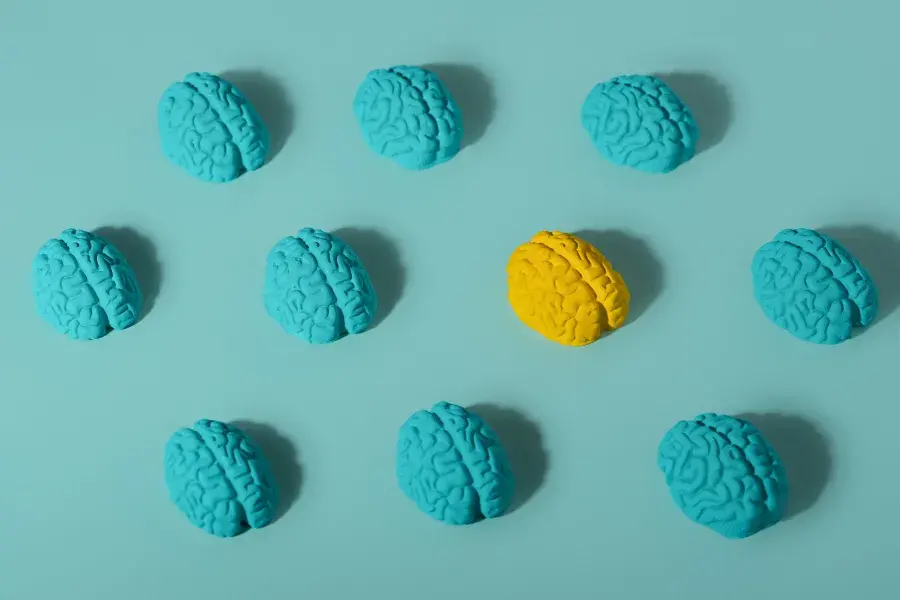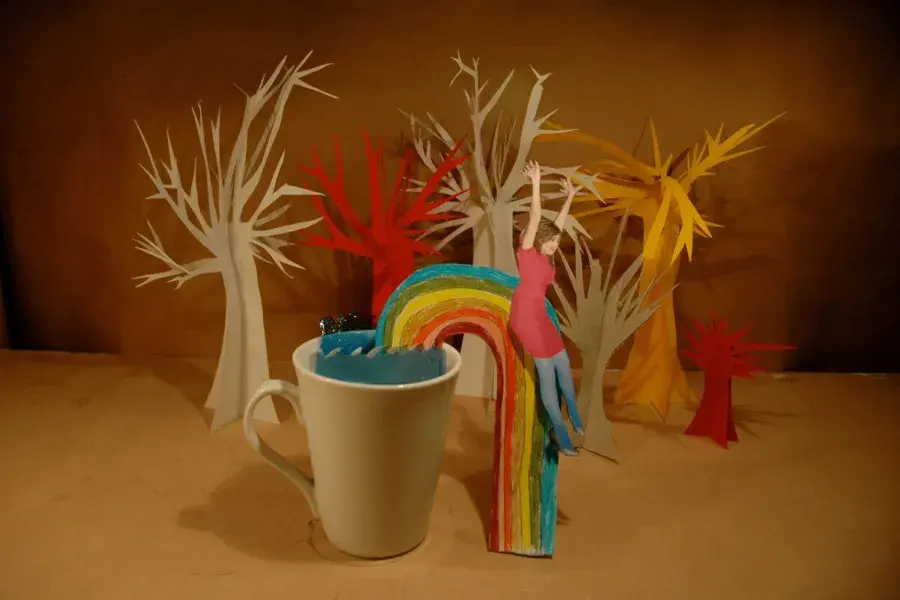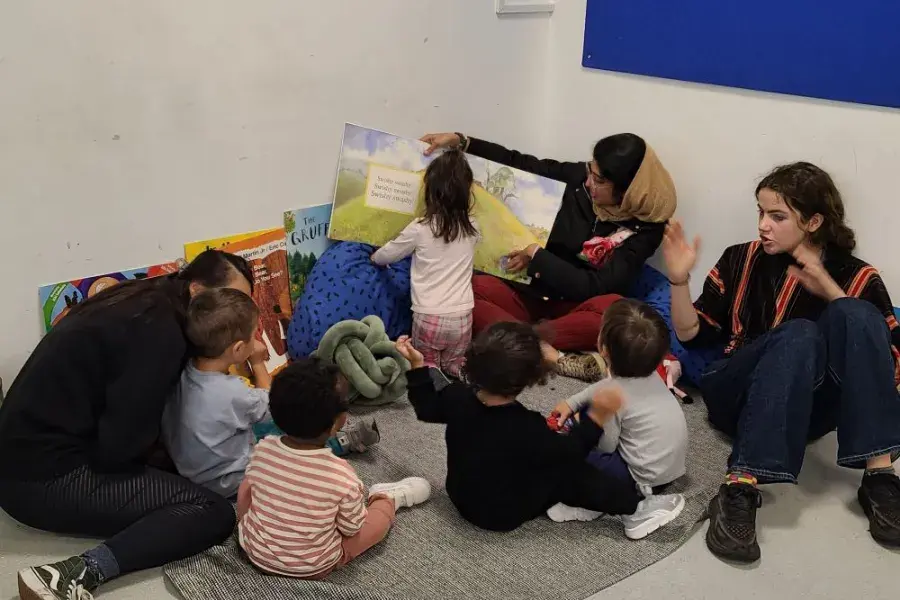Eyebrow Raisers in June: An Anti-Anxiety App and ADHD-ology
Welcome to this month’s roundup of the topics and content we’ve been consuming.
Downloading – Anxiety Management App
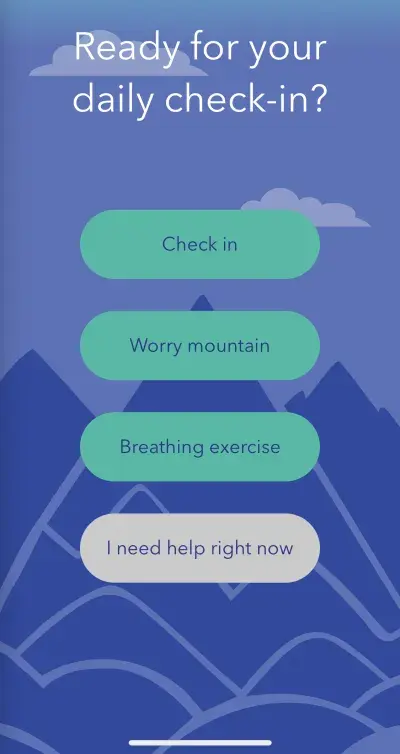
Up to 70% of autistic people report significant symptoms of anxiety – a much higher proportion than in the general population. This calls for custom tools to provide support. We were therefore curious to explore Molehill Mountain, a free app that has been designed specifically for autistic people to understand and manage their anxiety.
Co-owned by Autistica and Kings College London, the researchers who developed the app have adapted cognitive behavioural therapy (CBT) techniques to meet the needs of autistic people, recognising that many find it difficult to identify their own emotions or describe what they are feeling (alexithymia).
The minimalist interface allows users to record how they are feeling, what activities they have been doing, and what is worrying them. To get the most out of the app you need to engage with it regularly and provide diary-style inputs over a prolonged period.
Daily check ins are encouraged to allow users to track patterns over time, revealing insights into triggers and what strategies are most effective. Each check in, tips and tools are ‘unlocked’ one at a time to avoid overwhelming the user, while worries can be ‘locked’ in worry mountain. Breathing exercises are also available at the click of a button.
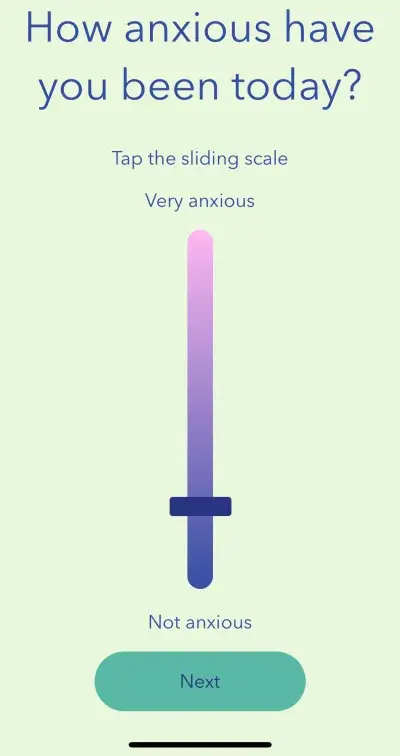
We are planning to feature this app in more depth as part of our ongoing series on resources to develop emotional literacy and support emotional regulation, so if you’ve tried it out and would like to share your feedback, we would love to hear from you.
From the archives – a deep dive into the science of ADHD
We recently discovered Alie Ward’s long-running science podcast, Ologies, which featured on Time Magazine’s list of ‘50 Best Podcasts to Listen to Right Now’ back in 2019. As well as expanding our vocabulary by teaching us about all sorts of obscure ‘-ologies’ such as ‘syndesiology’ (the study of connections) and ‘quasithanatology’ (the study of near-death experiences), we managed to track down a gem of a two-parter from 2022 on Attention-Deficit Neuropsychology, ADHD.
In the first part, which gets pretty technical pretty quickly, American host Alie interviews Dr. Russell Barkley, an eminent neuropsychologist who spent over forty years of his career studying ADHD. He also has a (tragic) personal connection, having lost his fraternal twin brother to an accident that resulted from his ADHD risk-taking.
With the episode running for over an hour, there’s a lot of material to absorb, but it’s a mine of valuable information for anyone with a personal interest in ADHD. Our volunteer, Leslie, described being brought to tears when listening: “The way Dr. Russell Barkley explains the cause and effect of an ADHD brain made me understand my struggles and gave me comfort.”
The second part veers away from the hard science and focuses more on the lived experience of ADHD, as told to Alie by three experts – YouTuber Jessica McCabe, René Brooks who runs the website Black Girl Lost Keys, and neuroscientist Jahla Osborne.
While the discussion of medications and the healthcare system is a little too US-centric to be relatable to listeners here in the UK, we found it validating to hear the perspectives of such impressive and successful women. Together they reinforce the powerful message that it is okay to be “as is”, rather than constantly correcting neurodivergent behaviours in an attempt to fit into a majority neurotypical world.
What have you been reading, watching or listening to lately? We would love you to send in any content that has interested or inspired you. Email us [email protected] so we can share with our community.
